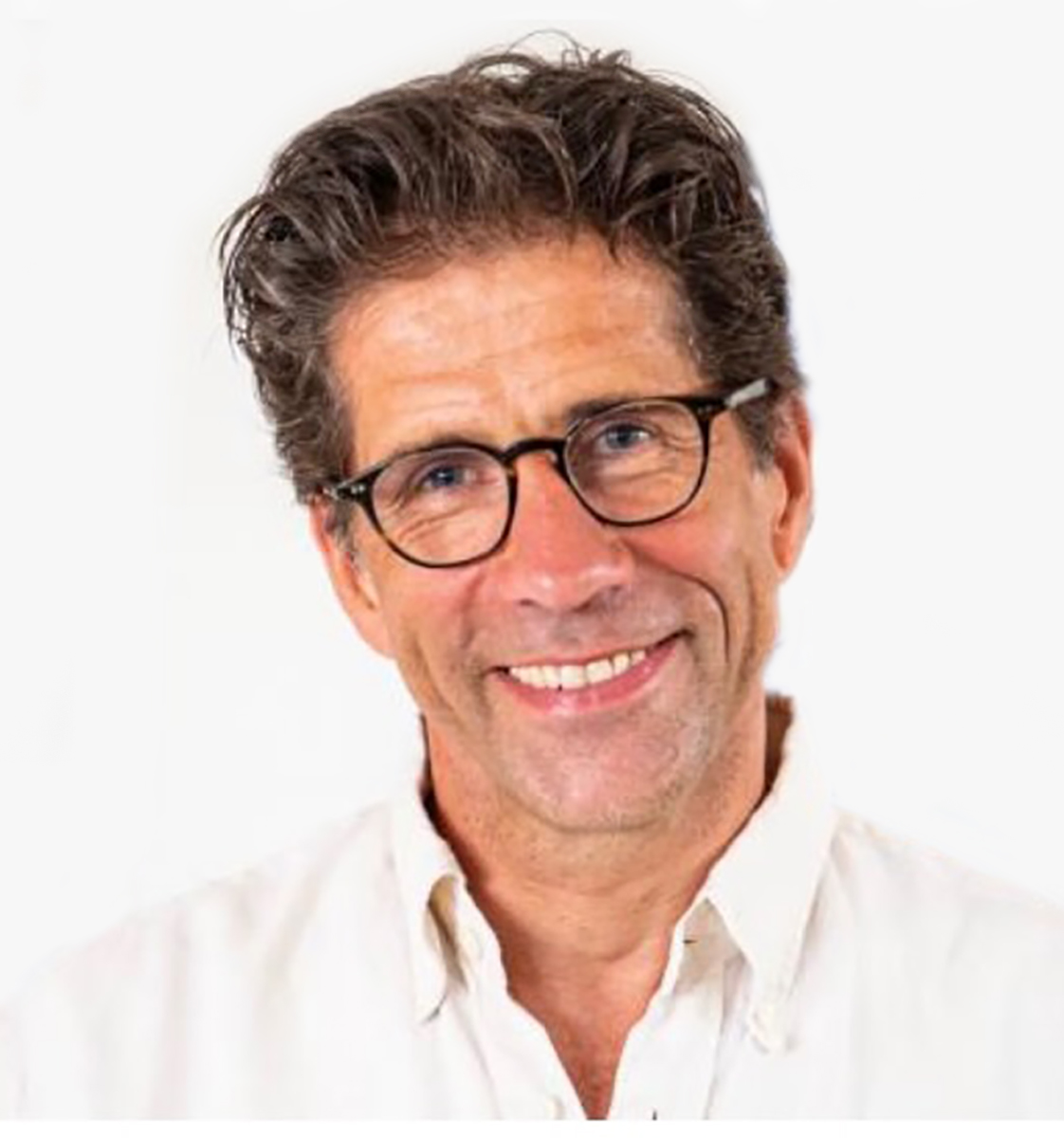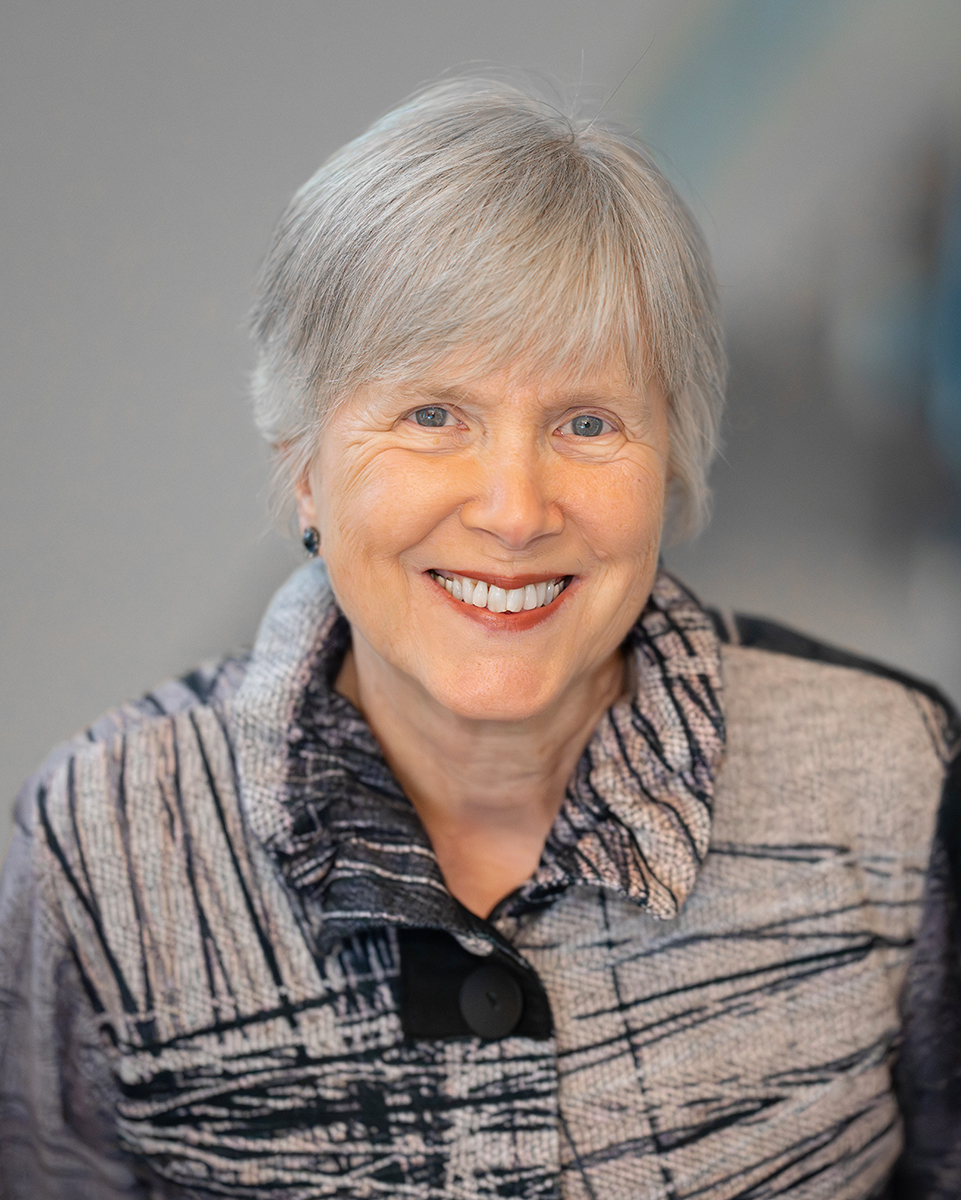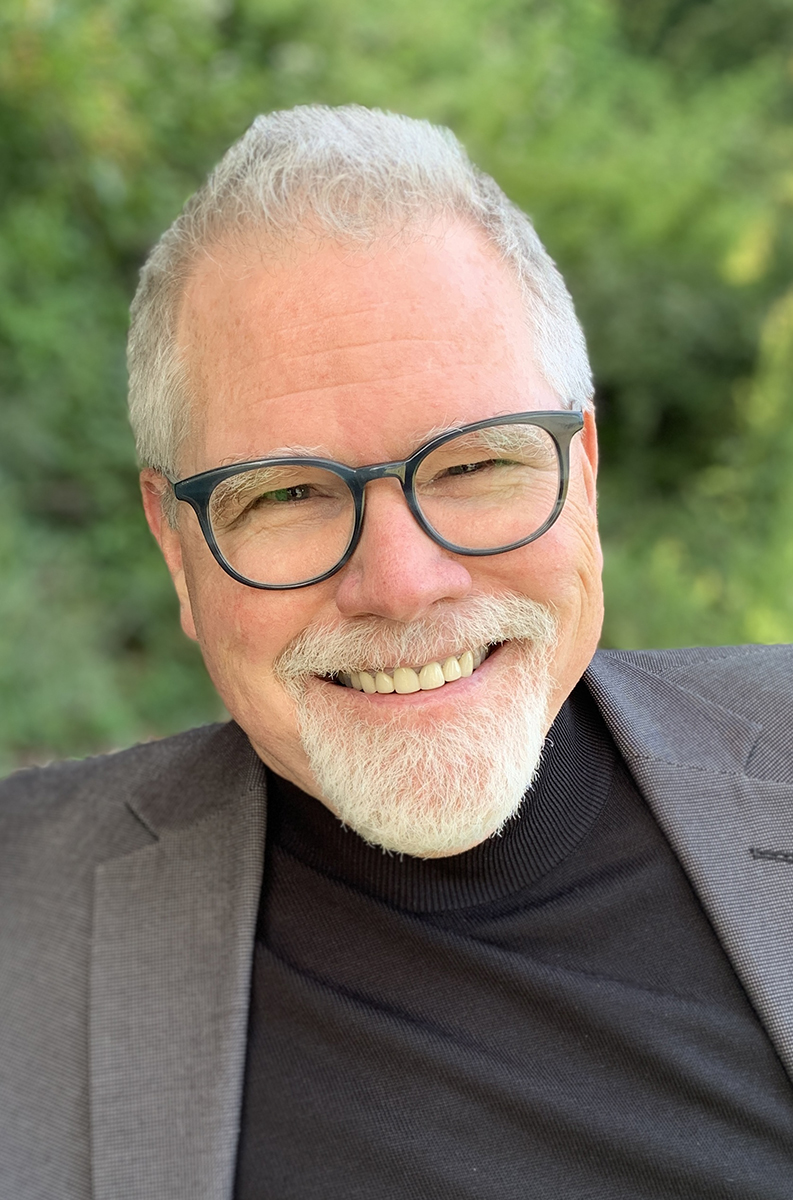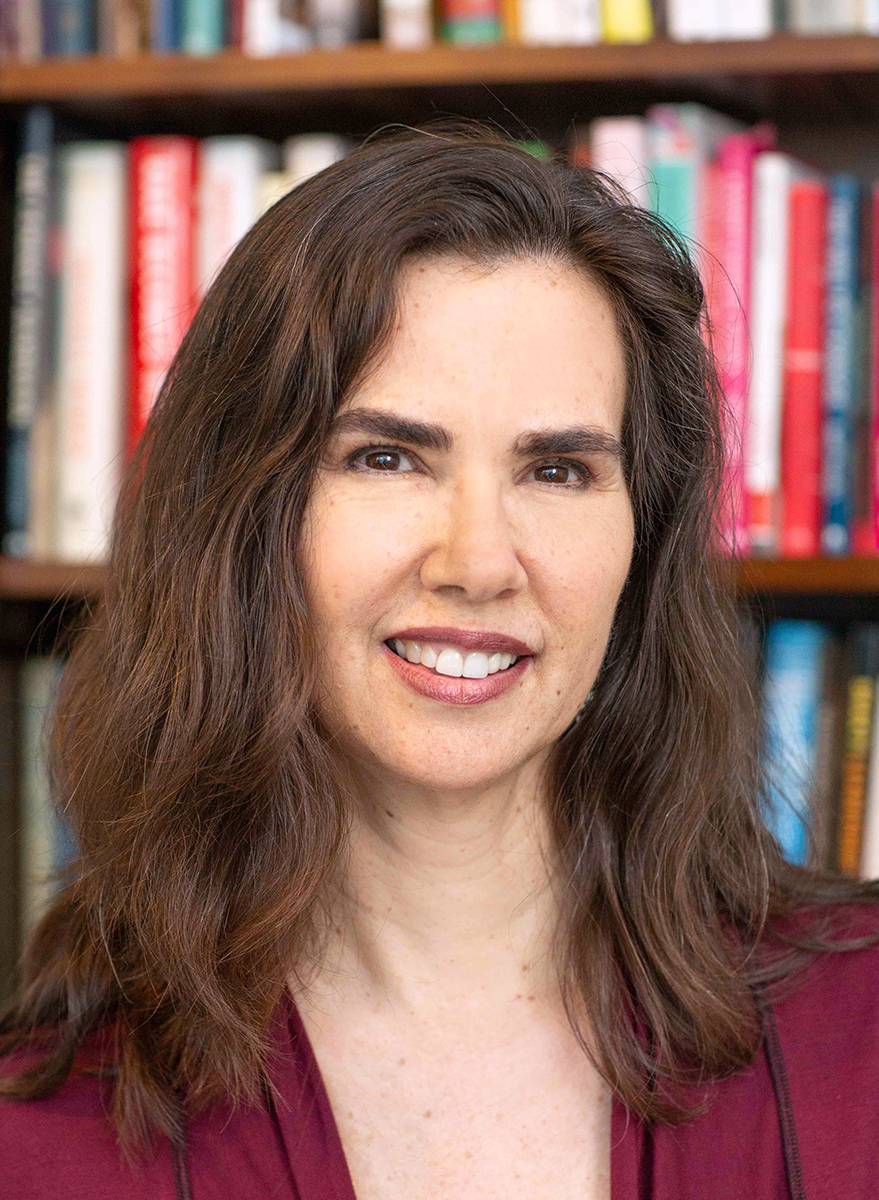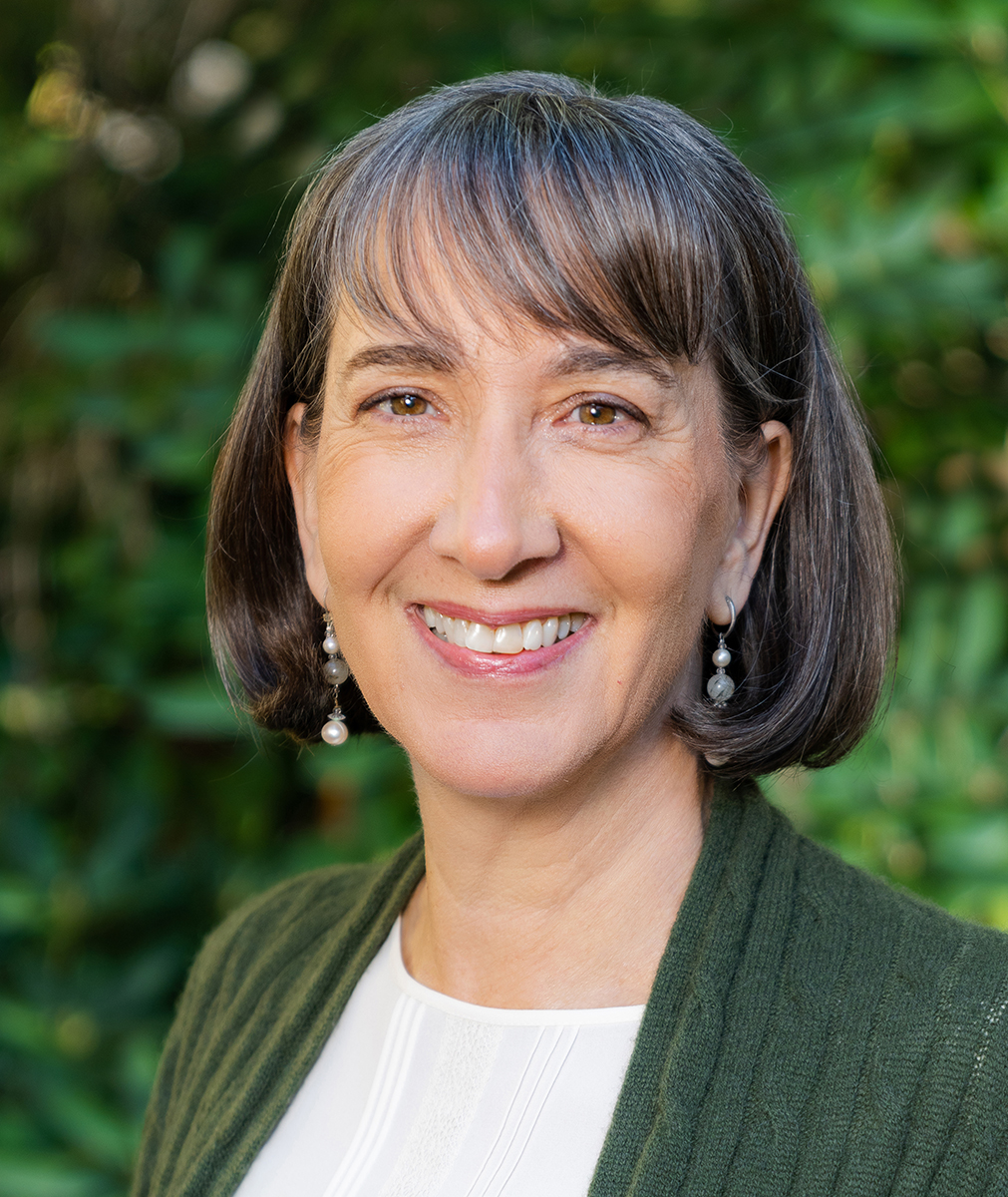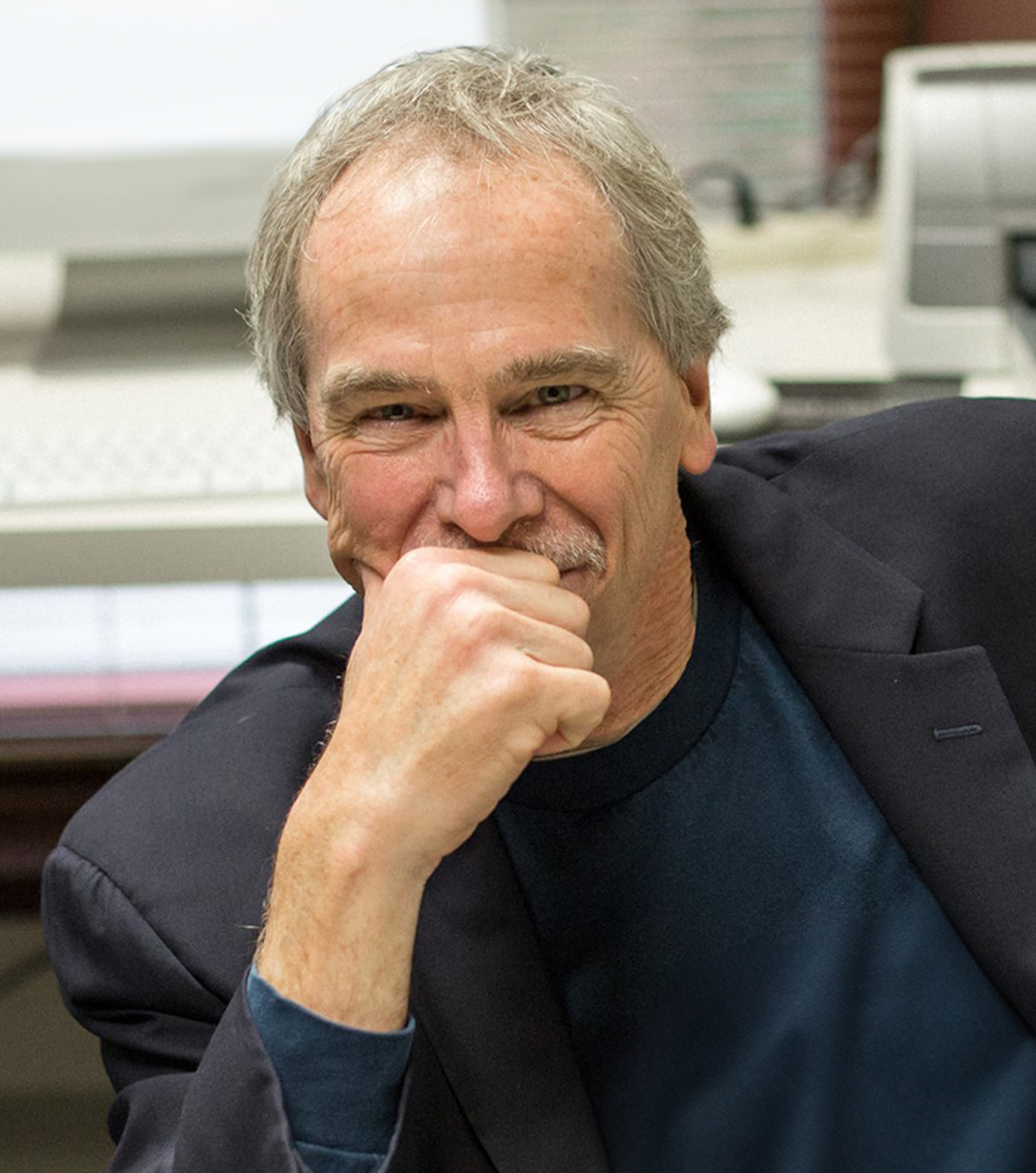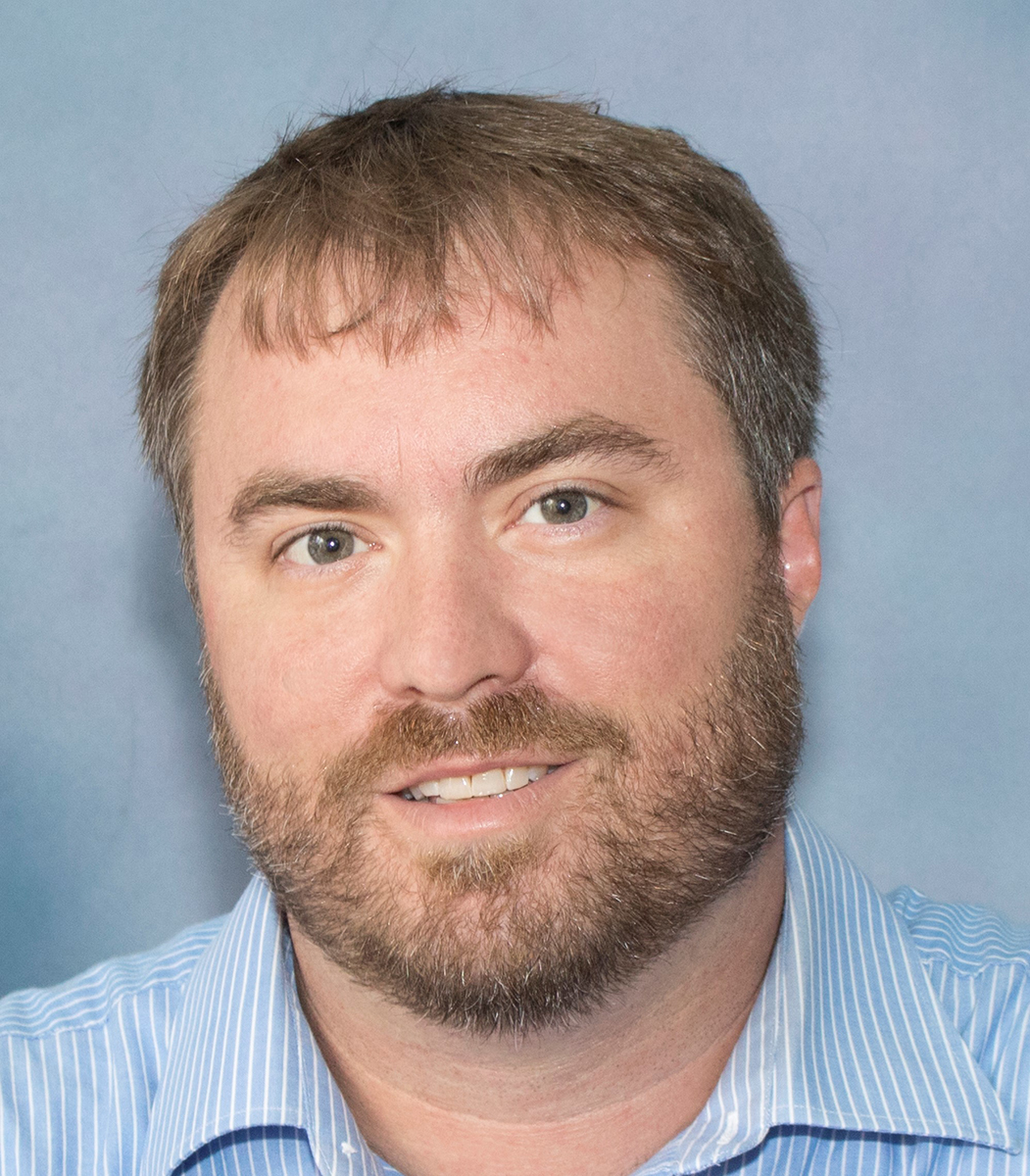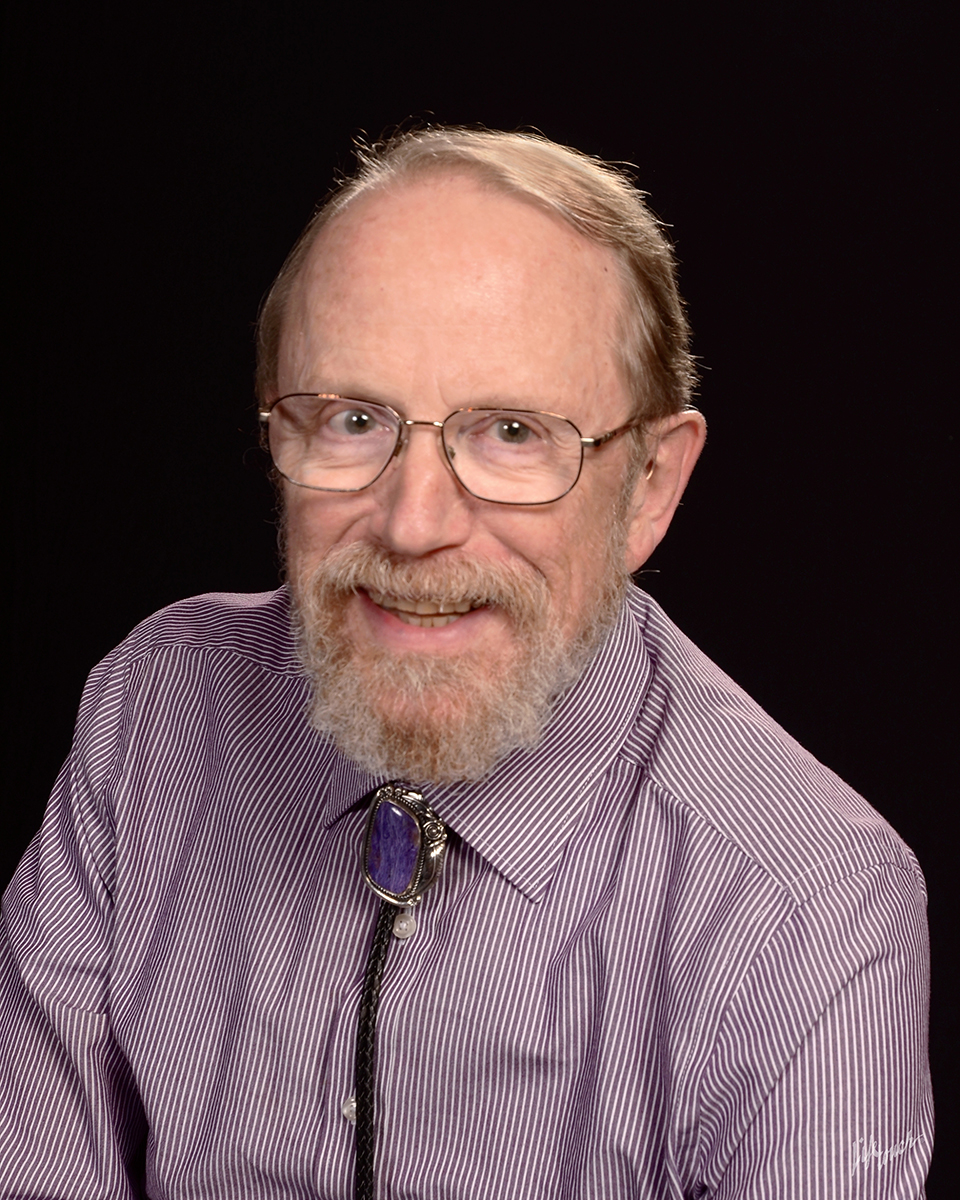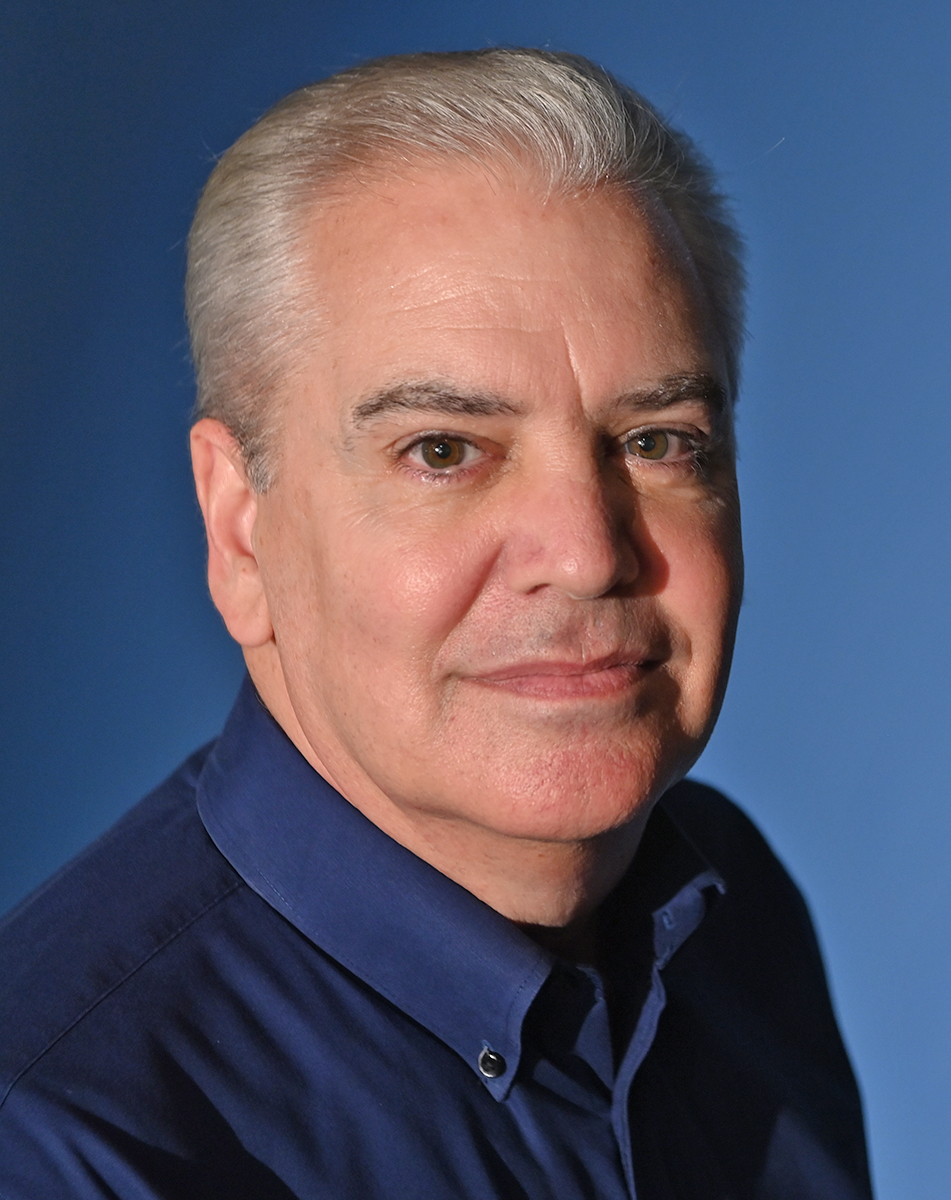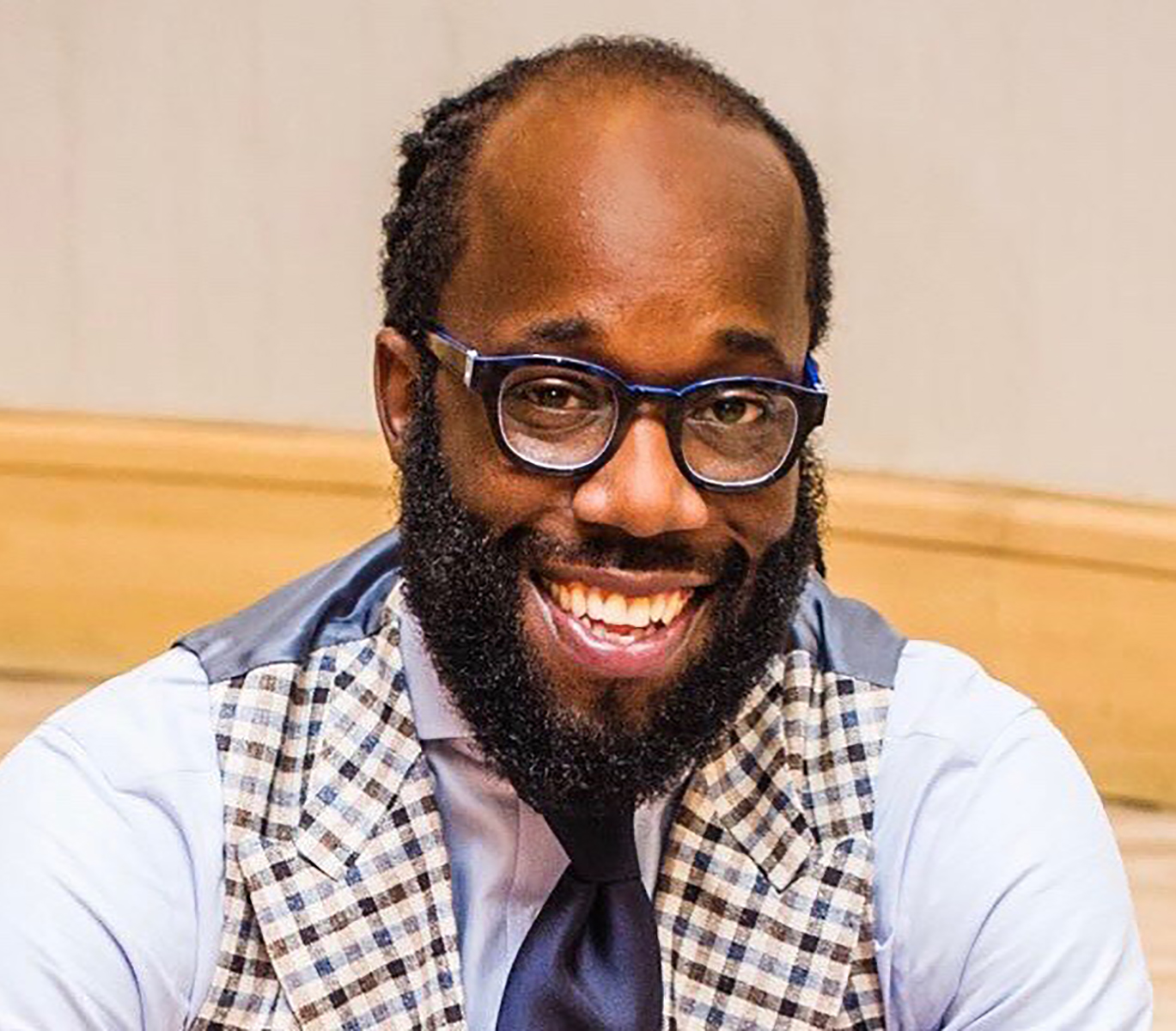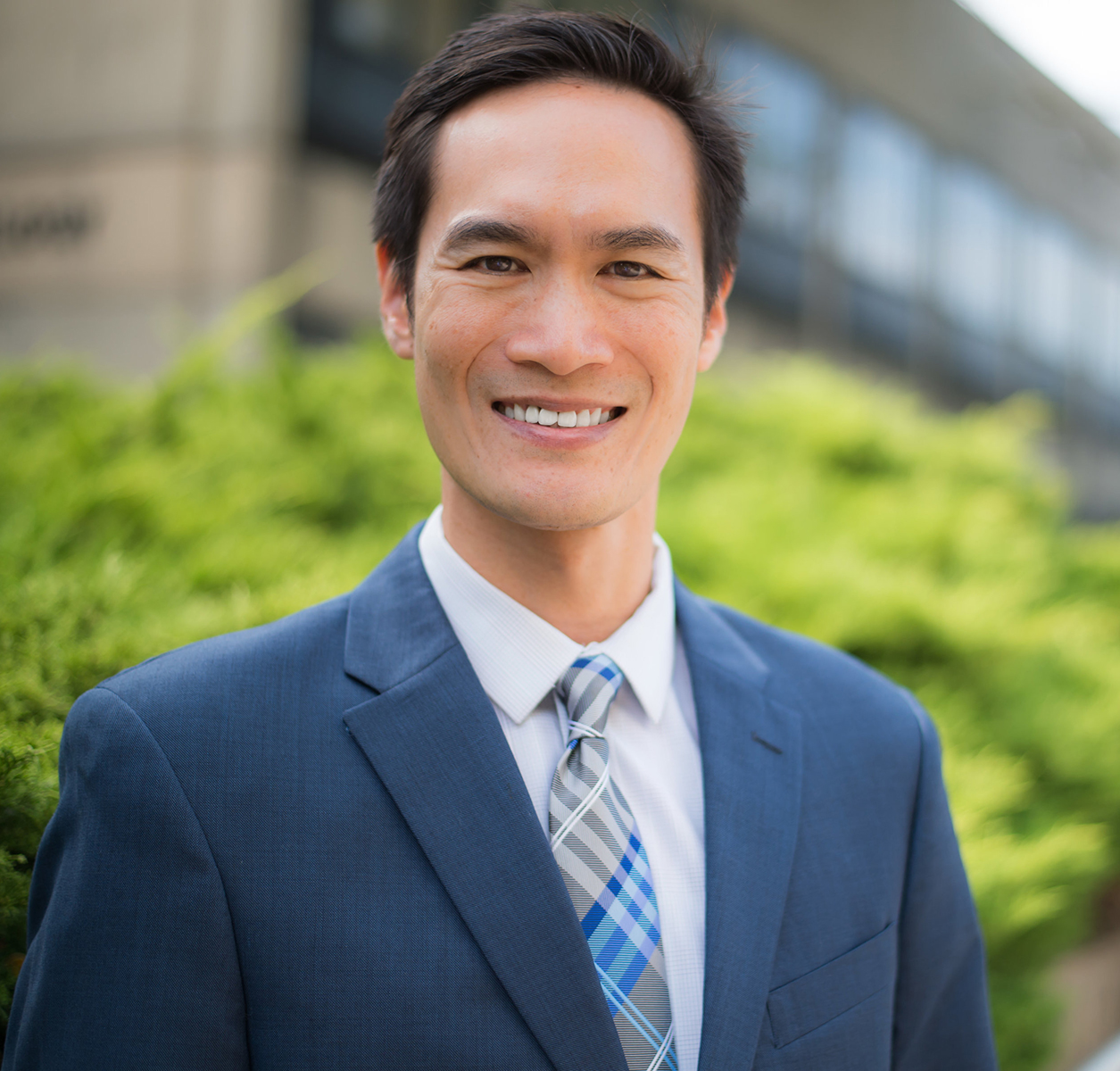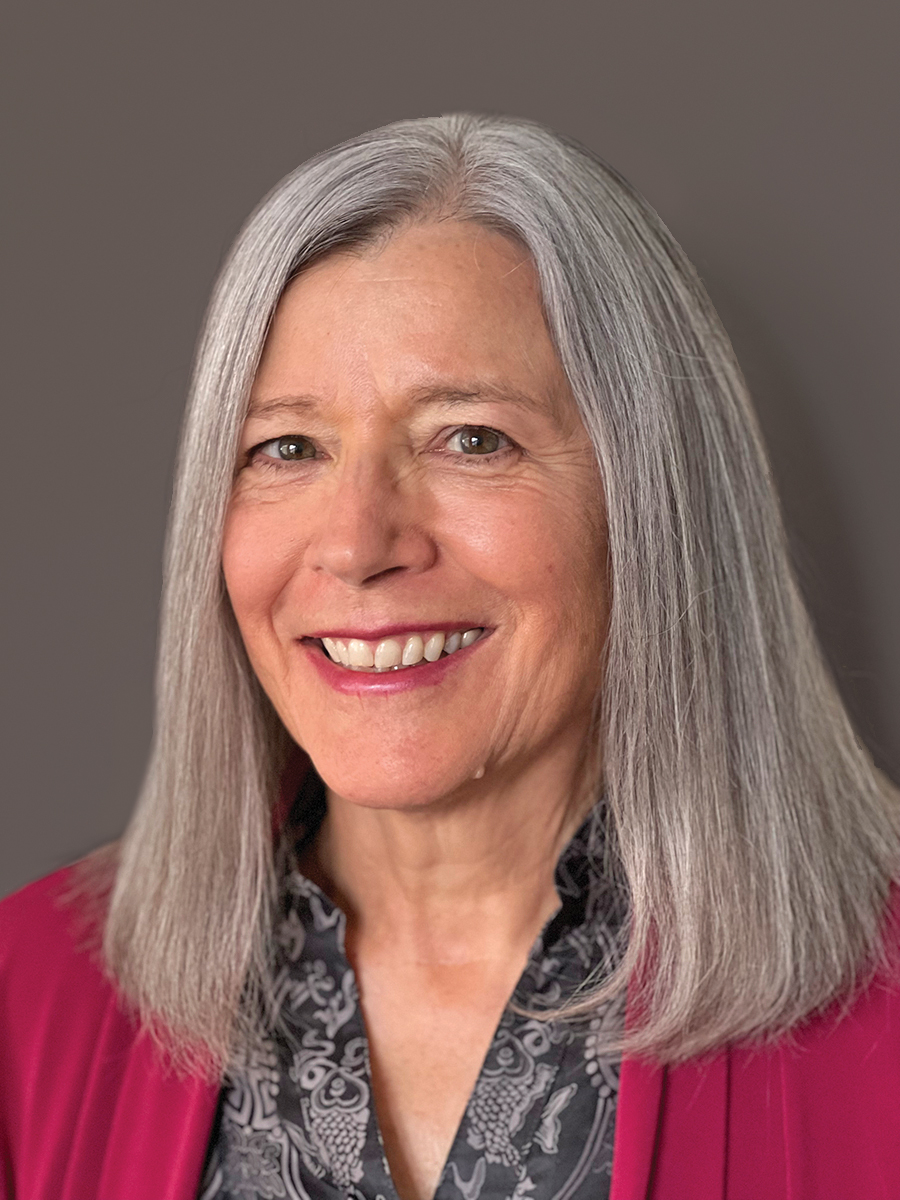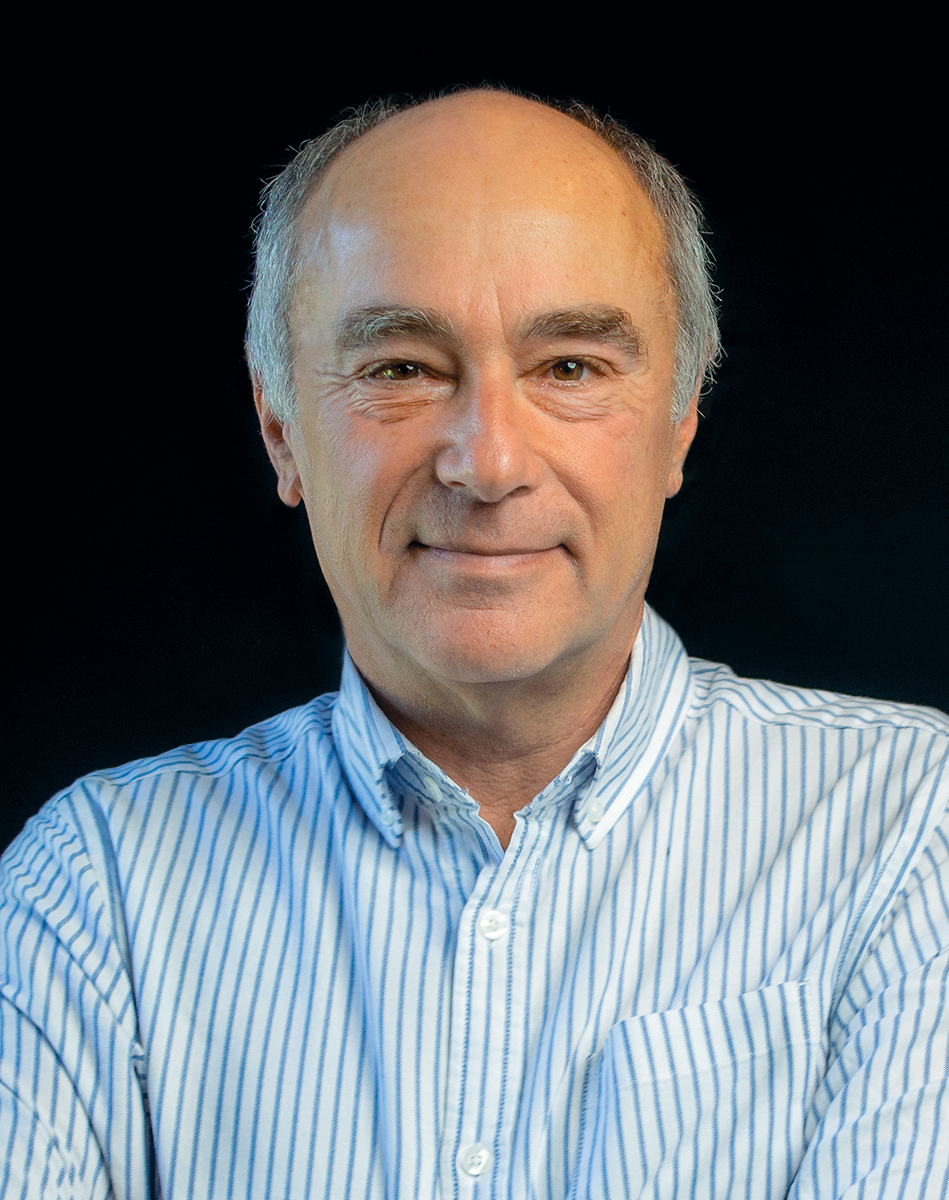Co-author of Mindfulness: Ancient Wisdom Meets Modern Psychology
Q&A with the Author
- What made you decide to write this book?
- What was the hardest part of writing it, and what was the easiest?
- What is one important lesson or message you hope readers take away from the book?
- Are there any other books that greatly influenced your writing process and/or your research?
- What led you to your specific area of study (the subject of your book)?
- Tell us one fascinating thing about the topic.
- Are there any common misconceptions about the topic?
- What advances do you hope we will see in the next 10 years?
- When you are not working, what do you do for fun?
- What is your all-time favorite book?
- Is there a project that you are excited to work on next? (A presentation, a workshop, writing another book, etc.)
Tell us more about your latest book!
What made you decide to write this book?
Willem Kuyken: First, let me say that I co-wrote Mindfulness: Ancient Wisdom Meets Modern Psychology with Christina Feldman. She has provided her ideas and reflections to this Q&A as well.
Christina and I became friends and colleagues at the turn of the century when we started collaborating in the establishment of one of the first academic Master’s-level mindfulness-based programs. We taught together for seven years, and she would bring her deep knowledge of Buddhist psychology (the ancient) and I would bring my knowledge of psychological science (the modern). The longer we taught the more the confluence of these two came together. When I moved to the University of Oxford in 2014 we decided to turn all that we’d learned into a book because we felt this could be helpful to people teaching and learning mindfulness.
Christina Feldman: As contemporary mindfulness becomes increasingly embedded in our culture, it seemed important to write a book that attempts to reveal the subtleties and nuances of what mindfulness is, as well as how it draws on traditions that are 2500 years old. We are delighted to write this book in one voice (rather than each of us having separate chapters). In doing so, we hope to demonstrate the interwoven nature of ancient and contemporary understandings of the human mind.
What was the hardest part of writing it, and what was the easiest?
WK: They are the same – writing with Christina. Christina embodies what she teaches and when she sits down to write it flows out of her, lyrically, almost as if she were speaking. When I write, I plan, read, research, draft something, go for a run or meditate and do more research, heavily edit what I’ve written – it's not an easy process. When we wrote together, we had to find a way to integrate our writing styles, just as we’d learned to teach together. By the end of three years of writing it had become quite seamless.
CF: For me, the hardest part of writing this book was deciding what to include from such a vast breadth of understandings in both ancient and contemporary psychology.
What is one important lesson or message you hope readers take away from the book?
WK: When ancient wisdom and modern psychology come together, they are no longer a set of ideas or practices but an illumination that guides us to be more present in our lives, with ourselves and with others, with clarity, kindness and ease. This applies not only to how we work with our minds and bodies, but also with our relationships, and the wider world.
CF: After reading the book, I hope people understand that this pathway of inner development is a journey of a lifetime.
Are there any other books that greatly influenced your writing process and/or your research?
WK: We haven’t set out to write an original treatise, but rather stand on the shoulders of many giants in the worlds of both Buddhist and modern psychology. There are too many books and authors to mention, and mentioning just a few would risk missing out the others. We’ve acknowledged the wonderful teachers we’ve learned from (they know who they are), as well as the many people whose work shaped ours.
We are interested in learning more about your expertise.
What led you to your specific area of study (the subject of your book)?
WK: As an academic clinical psychologist, my working life has pursued the question of how best to understand and prevent depression and enhance human potential across the lifespan. In the way we have seen smallpox eradicated, my hope is that we can in time move towards a world without the devastating effects of depression.
From an early age my inquiry was both academic and deeply personal. Like many people, my life has not been without struggle. My parents were exposed to unimaginable suffering in occupied Holland and Indonesia during World War II, and my uncle — who is my namesake — died in a Japanese concentration camp at the age of four. As a young boy, I often felt a deep sense of empathy and compassion when I encountered pain and suffering. I was brought up in Nigeria and although my life was cocooned within the expatriate community, for a child it was impossible to not see the great suffering that was never far from view.
I first experienced depression myself as a young man and this experience has informed how I live and work. In my early 20s, I travelled extensively for my job at the World Health Organization. At a Bangkok airport, I picked up a book with the title The Good Life: A Guide to Buddhism for the Westerner (Roscoe, 1990). On the night flight back to Geneva, I read the book cover to cover. Toward the end of the flight, I remember being in the cockpit of the plane looking out into the night sky (if you asked politely, you were allowed to sit up with the pilots in those days!) and having an extraordinary sense of awakening. The teachings resonated on two levels: my personal experience and my work as a young scientist. The ideas informed not only my understanding of my mind and life but also the research program I was developing. The end of the book included further resources, which I sought out with ardor and started on a path of mindfulness practice and learning.
A few years later, at a conference entitled “East Meets West,” I was exposed to some inspiring people and ideas who in different ways were working at the same interface. Jon Kabat-Zinn gave a masterful 3-hour opening keynote; Francisco Varela used philosophy, Buddhism, and cognition to work on embodiment; and Stephen Batchelor worked on making Buddhist psychology accessible and secular. Over a drink in the bar, John Teasdale, an academic clinical psychologist, encouraged me to bring my work on depression together with my personal interest in mindfulness. This was an extraordinary moment of convergence and set the direction for my career and life ever since.
Tell us one fascinating thing about the topic.
WK: Many of the problems in the world originate in the human mind and heart, including conflict, climate change and inequality. Skillful ways of responding to these problems will also have to come from the human mind and heart, not just from leaders and those with power, who can of course make a big difference, but from all of us who can make a positive difference in our own ways.
CF: I find the similarities between modern and ancient psychology fascinating. The human mind - how it works, reacts and shapes experience is quite timeless.
Are there any common misconceptions about the topic?
WK: Yes, lots! The book is intended to address some of these, for example: the field is relatively new, so the science and consensus about best practice is still emerging, mindfulness is underpinned by a deep understanding of integrity and ethics (a chapter in the book), and both the process of transformation and mindfulness training programs are complex (most of the rest of the book).
CF: I think that today, mindfulness is often perceived as a technique, rather than a way of seeing and living. Hopefully we have addressed this misconception.
What advances do you hope we will see in the next 10 years?
WK: Answers to questions such as:
- “What creates and maintains human distress and suffering?”
- “How can this distress and suffering be ended?”
- “What supports human well-being and flourishing?”
- “What mindfulness trainings will support this transformation?”
- “How can this be made as accessible as possible?”
CF: Over the next 10 years, I think we will see even more people turning towards mindfulness practices as a means to improving psychological and emotional health. I feel there will be an ongoing exploration of how to make these practices appropriate to a range of cultures. Understanding our own heart/mind is the key for transforming distress into joy and peace.
Now a little bit about you…
When you are not working, what do you do for fun?
WK: While my daughters were growing up, I really only had a two-dimensional life, work and family. Now Zoe (aged 21) and Ava (aged 18) are grown up, I am enjoying my marriage to Halley, my friends and interests more. I would love to do an illustrated version of this book, but need to learn how to draw first.
What is your all-time favorite book?
WK: Tolstoy’s Calendar of Wisdom has been on my bedside table for more than twenty years. No one seems to have heard of it, yet Tolstoy spent much of the latter of his life on it and described it as one of his most important books. It is a collection of 365 thematically organized extracts from a wide array of contemplative traditions, philosophy and literature. It has been a mainstay in my life.
Is there a project that you are excited to work on next? (A presentation, a workshop, writing another book, etc.)
WK: Yes, I am working with Guilford on two book proposals. We’re at something of a tipping point just now and the University of Oxford has created an endowed Professorship in perpetuity to develop the field – the Ritblat Professorship of Mindfulness and Psychological Science. As the first recipient of this Professorship, I’d love to contribute to finding an empirically-based way of bringing mindfulness into the mainstream, so that looking after the well-being of ourselves, others and the world becomes obvious and everyday.
See all titles by and read more about Willem Kuyken on his author page!
